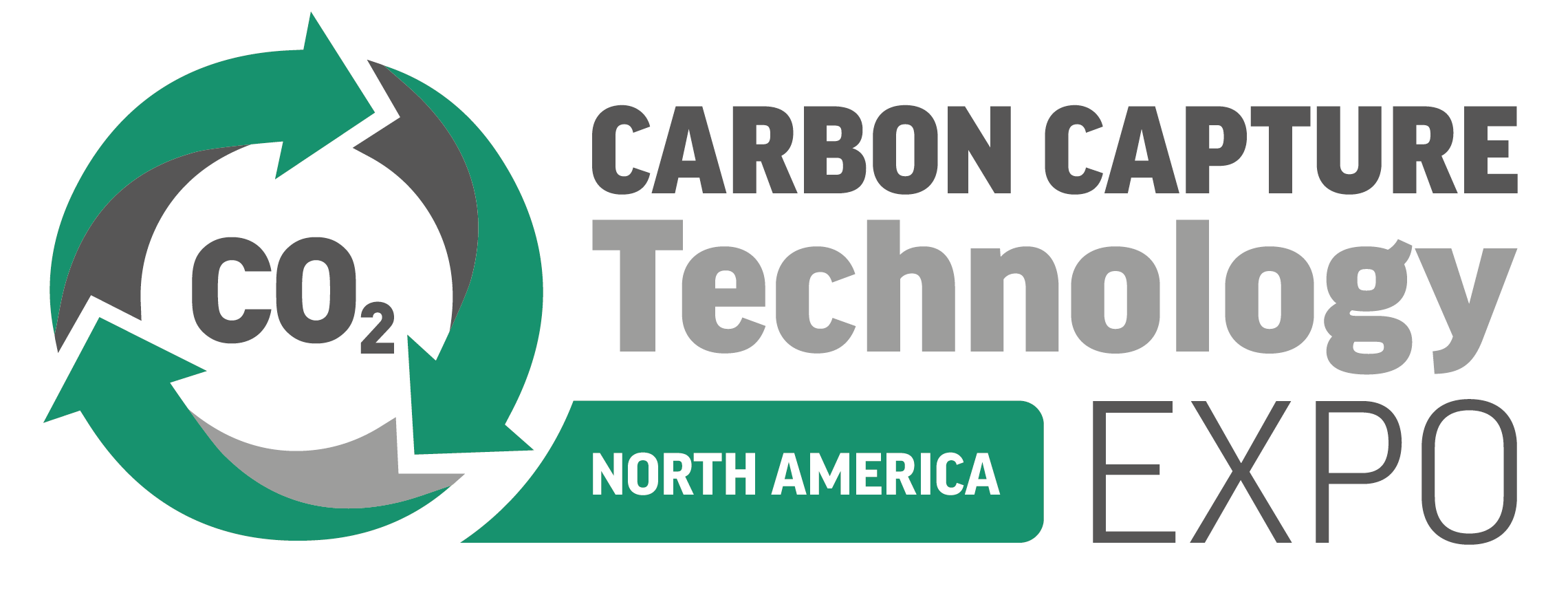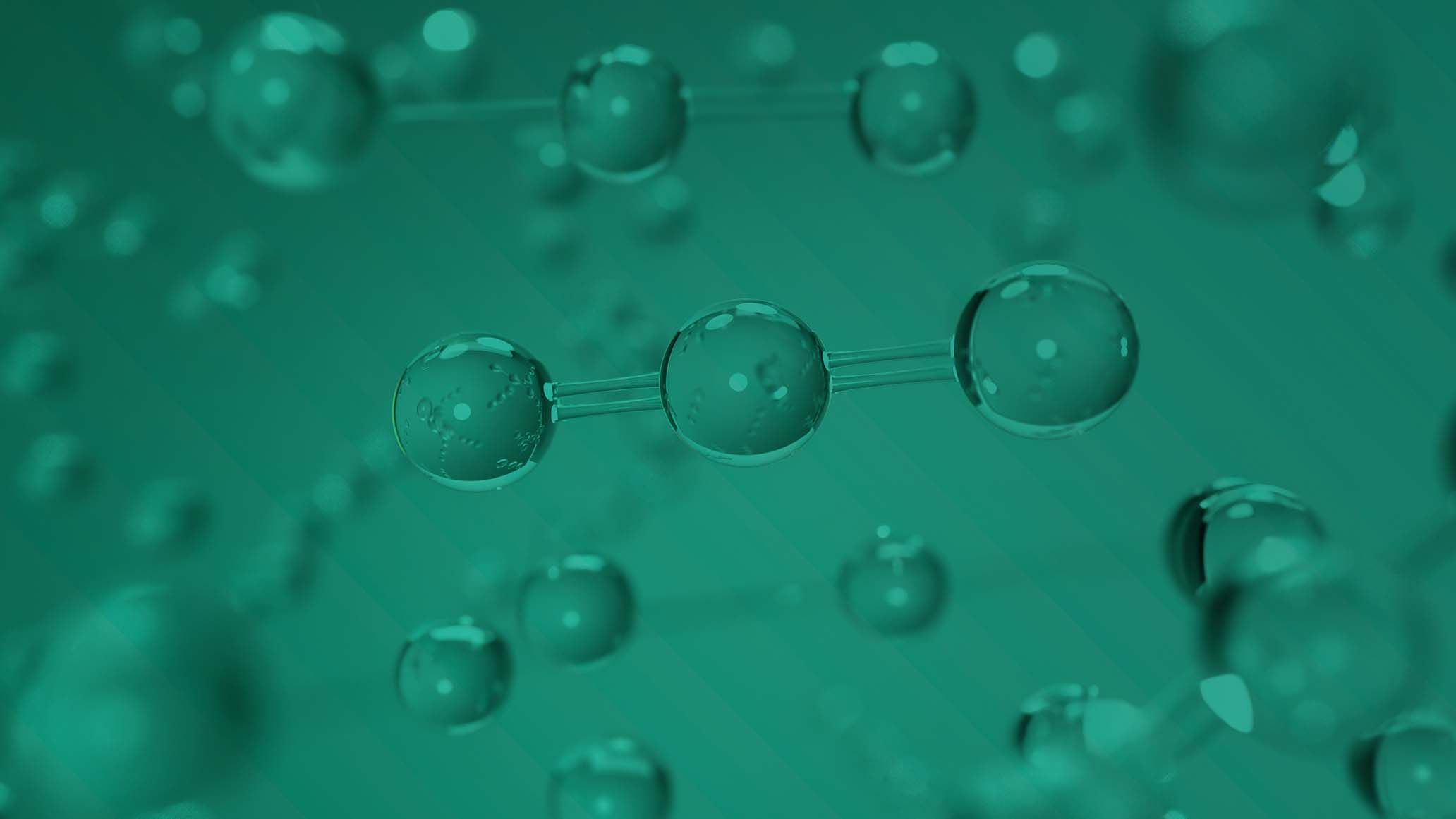Funding provided to Heriot-Watt University for exploring the thermodynamic behaviour of CCUS fluids
)
Heriot-Watt University scientists plan to investigate the thermodynamic behaviour of typical CCUS fluids for processing, storing, and transporting these fluids safely and efficiently.
TotalEnergies and Equinor are both funding this two-year project, which is an extension to the long-term expertise Heriot-Watt has gained within the field of CCUS research. The purpose of this project will be to improve the thermodynamic models, to help them predict the phase behaviour of mixtures that have a high concentration of CO2, with a particular focus given to the impurities, volatile organic compounds (VOCs). Optimal operational conditions will be established throughout the CCUS chain, plus CO2 storage and environmental compliance will also be beneficial results from this project.
VOCs are commonly found within the captured CO2 stream in CCUS systems, they could be a variety of hydrocarbons or materials such as benzene, toluene, xylene (BTX), aldehydes (formaldehyde, acetaldehyde). The kind of VOCs varies depending on the fuel source and capture conditions.
Dr Pezhman Ahmadi, project lead, Heriot-Watt University, commented “For safety and technical reasons, understanding the thermodynamic behaviour of a fluid is key to its successful processing, transportation, and storage.”
Ahmadi continued, "For safety and technical reasons, understanding the thermodynamic behaviour of a fluid is key to its successful processing, transportation, and storage. In CCUS projects, where the working fluid is usually a CO2 rich mixture, the presence of impurities significantly influences the behaviour of the fluid in comparison to a pure CO2 stream. While thermodynamic models for pure CO2 are reliable thanks to abundant experimental data, impure CO2 streams, which are common in industry, pose challenges due to limited data and deficiencies in existing models. This project focuses on volatile organic compounds as a critical category of impurities so we can better understand the influence of this type of impurities and address this data gap."
Professor Antonin Chapoy, project co-lead, mentioned "Our modelling studies, underpinned by experimental capabilities and expertise, provide precise thermodynamic models that improve the safety, technical and economic aspects of CCUS operations. These models help reduce operational risks, such as hydrate or dry ice formation, and minimize costs while enhancing efficiency in the transportation and storage of CO2-rich fluids. Over the years, our work has supported major CCUS operators in achieving safer and more cost-effective operations."
Professor Chapoy also said "Our contributions to CCS projects and our extensive expertise underscore the importance of understanding thermodynamic properties of CCUS fluids for the long-term success of decarbonisation projects. With 14 years of focused research on this topic, our team continues to develop practical solutions to accelerate industry’s net-zero transition. This new project exemplifies our commitment to supporting global decarbonisation efforts. We are grateful for the support of TotalEnergies and Equinor in driving this critical research forward."



)
)
)
)
)
)
)



)
)
)
)
)
)
)
)
)
)
)
)
)
)
)
)
)
)
)
)
)
)

)

)
)
)

)
)
)
)
)
)
)
)
)
)
)

)

)
)
)
)
)
)
)
)
)
)


)
)
)

)
)
)

)
)
)
)
)

